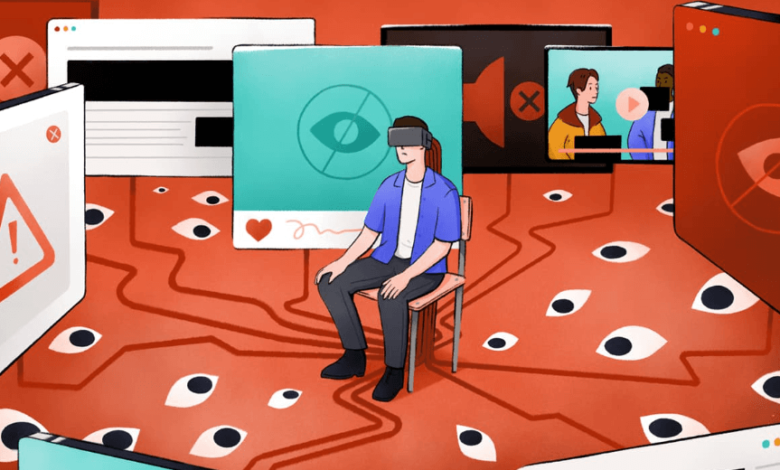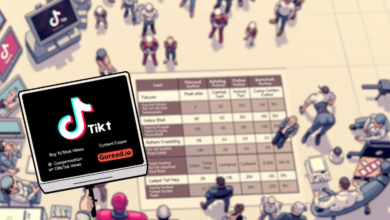How Internet Censorship Is Changing the Way We Access Information

Internet censorship is reshaping the information landscape significantly. It restricts access to traditional news sources and drives users toward alternative platforms. This shift complicates the public’s understanding of current events, as unregulated channels may provide unreliable information. The implications for democratic engagement and individual knowledge are profound. As the digital environment evolves, one must consider how this will impact future access to information. What challenges and opportunities lie ahead?
The Rise of Internet Censorship: Understanding the Landscape
As governments and organizations increasingly recognize the power of the internet as a tool for information dissemination, the phenomenon of internet censorship has emerged as a significant issue in global discourse.
Governments impose regulations that often infringe on digital privacy, limiting access to diverse viewpoints. This trend raises concerns about the balance between national security and individual freedoms, challenging the fundamental principles of an open society.
See also: How Drones Are Being Used in Agriculture and Farming
Impact on News Consumption and Public Discourse
Although internet censorship aims to safeguard national interests, it significantly alters news consumption patterns and public discourse.
The restriction of information often leads individuals to seek alternative platforms, fostering a reliance on unofficial sources. This shift necessitates enhanced media literacy, as consumers must critically evaluate diverse viewpoints.
Consequently, public discourse becomes fragmented, undermining informed debate and challenging the foundations of democratic engagement.
The Future of Information Access in a Censored World
While the landscape of information access continues to evolve, the implications of ongoing internet censorship raise critical questions about the future of knowledge dissemination.
As users seek digital privacy, alternative platforms may emerge, fostering environments that prioritize information verification and censorship resistance.
This shift could empower individuals to reclaim agency over their access to information, challenging existing barriers and promoting a more equitable digital landscape.
Conclusion
In the garden of information, where knowledge once flourished freely, the shadow of censorship acts as a blight, stifling growth and diversity. As the sun of traditional media dims, weeds of unregulated sources sprout, challenging the integrity of our understanding. To navigate this altered landscape, individuals must don the armor of media literacy, becoming vigilant gardeners of their knowledge. In this evolving ecosystem, the quest for truth demands both discernment and resilience, lest the seeds of misinformation take root.



